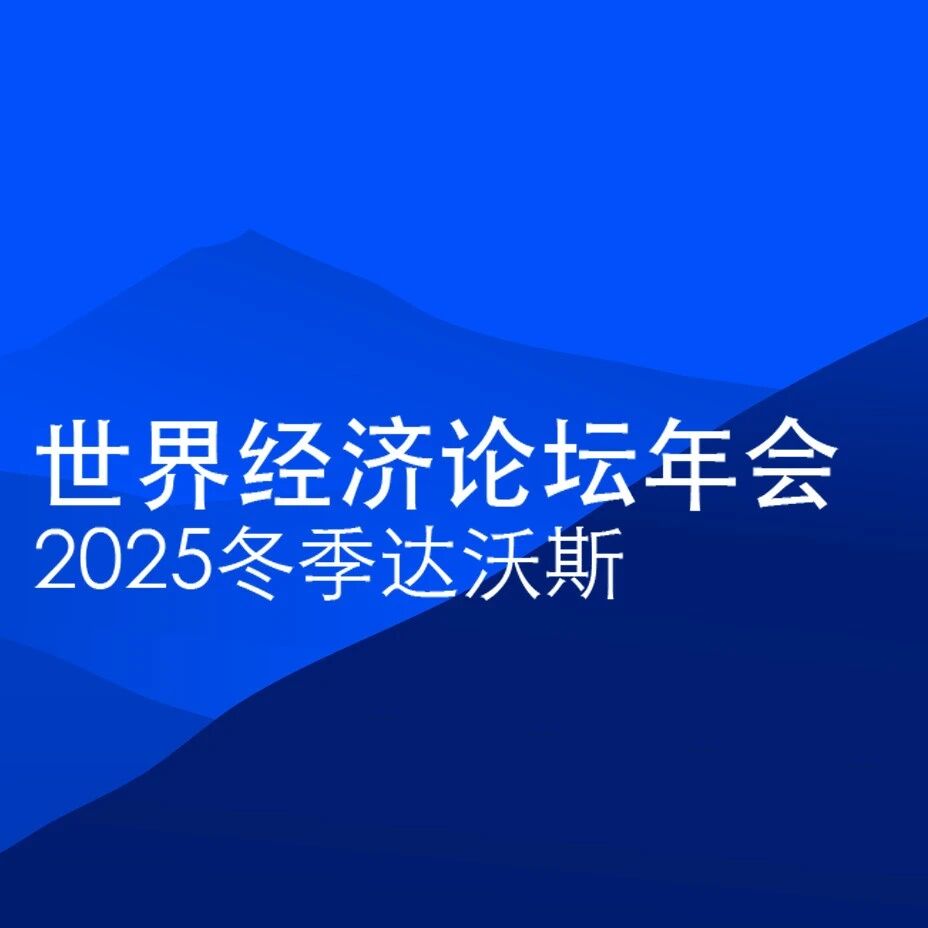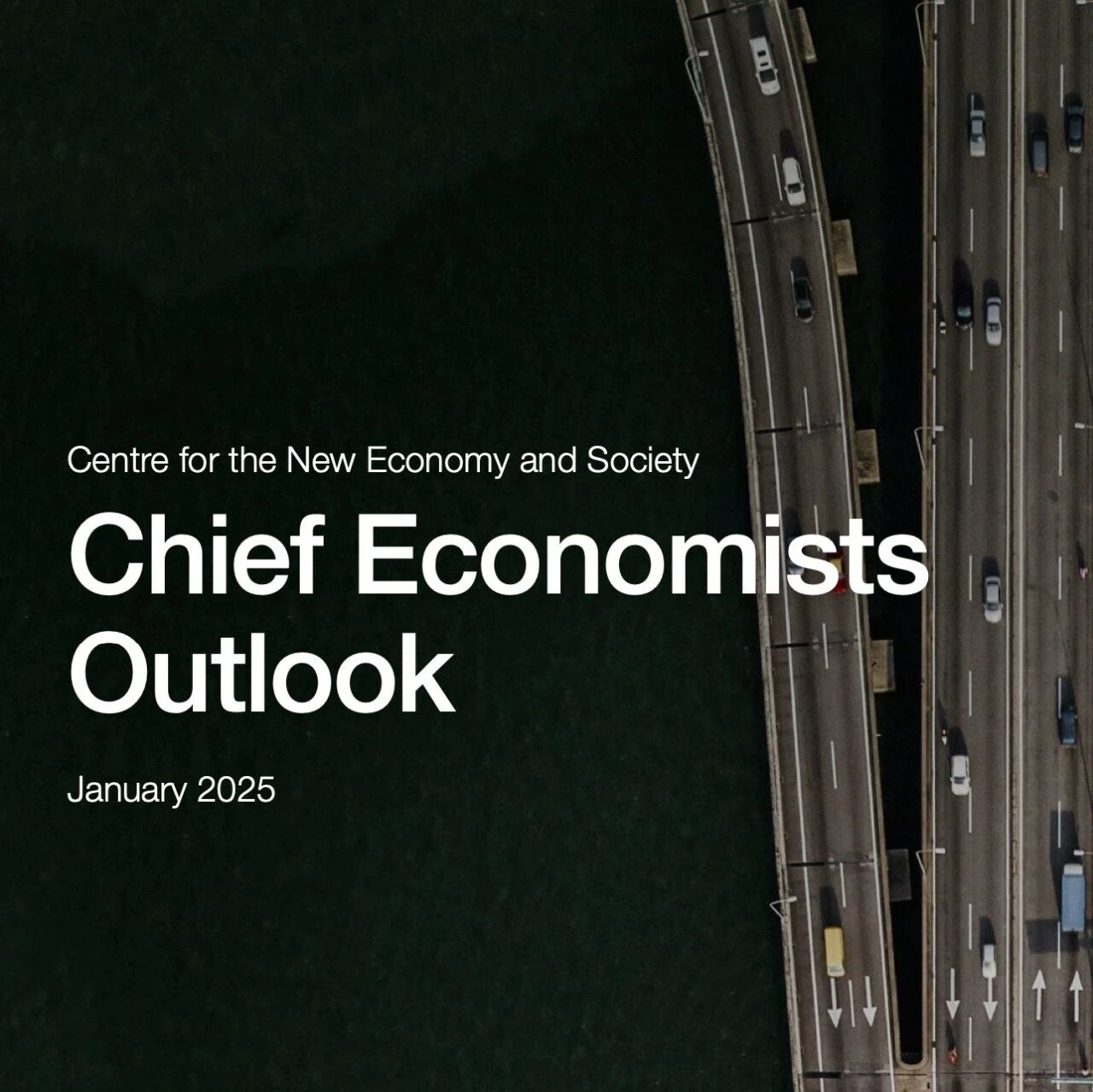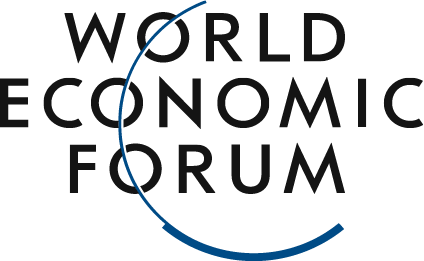

A workforce transformation strategy powered by agent-based AI can drive retraining and upskilling initiatives.
Image source:Getty Images/iStockphoto
Anurag Sinha
Senior Vice President, Americas Region, Cognizant Company
Head of Communications, Media, Entertainment, and Technology (CMT) Business
The World Economic Forum's "Future of Jobs 2025 Report" analyzes the technological, social, and economic trends shaping the future of employment.
A positive finding of the report is that "skill instability" has steadily declined, thanks to training, retraining, and upskilling initiatives.
In the future workplace, employers must build a knowledge-driven workforce and implement workforce transformation strategies—strategies that are often backed by agent-based AI.
Imagine a scenario like this:
Kate is a product designer at an automotive manufacturing company. She signed up for an online learning course, hoping to advance to the role of product engineer. After completing the foundational modules, Kate took an assessment conducted by a chatbot, which evaluated her industry knowledge and provided personalized learning resources to help her progress through the next stages of her career development. After mastering advanced engineering principles, Kate participated in another assessment and achieved…A+Her performance. Her HR manager received an email notification from the online learning platform and initiated the next steps in the process.
This scenario is likely to become the new normal for most jobs in the future.World Economic Forum2025"Future Employment Report for the Year"Analyzed the technological, social, and economic trends influencing future employment. The report reveals that labor forces in high-income economies are aging and gradually shrinking, while labor populations in low-income economies are growing. Additionally, artificial intelligence (AI) Advanced technologies such as robotics and automation are creating new opportunities, like those for business analysts, while simultaneously phasing out roles like warehouse operators. By2030This year, these interconnected macro trends will reshape the global labor market landscape.
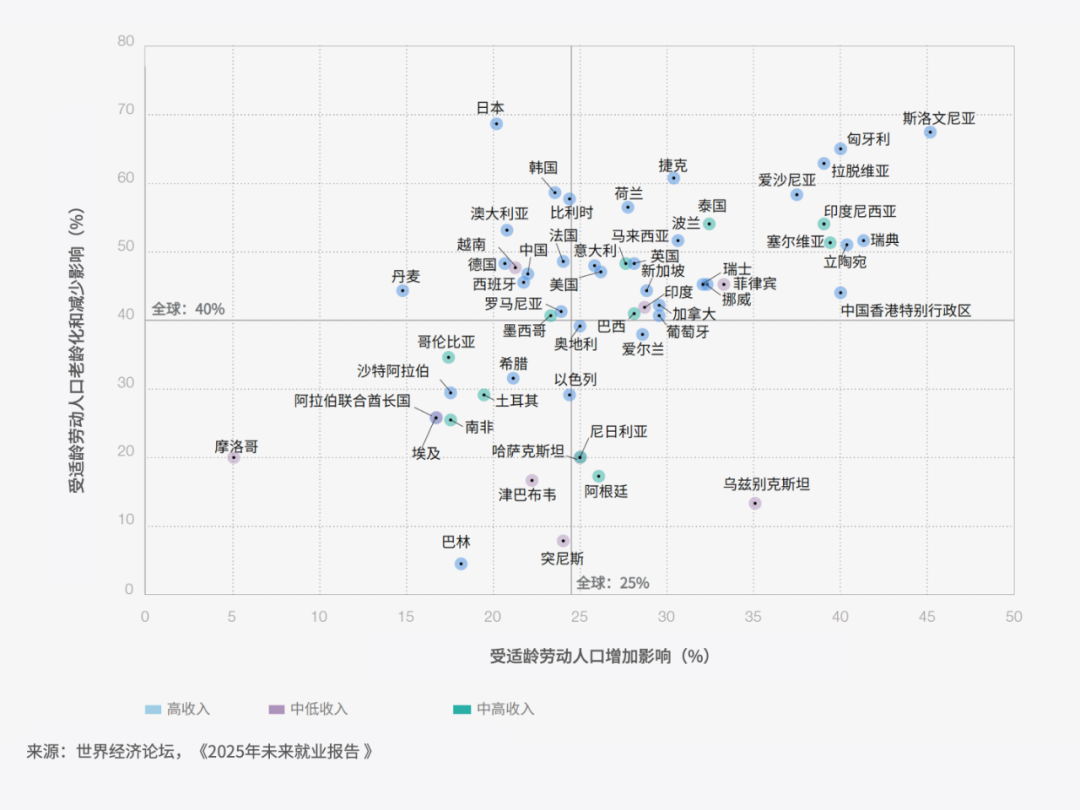
The dual impact of labor force reduction and growth, broken down by economy and income level, shows the proportion of surveyed employers affected by an increase in the working-age population, as well as the proportion impacted by the aging and decline of the working-age population, for the period 2025–2030.
Image source:The World Economic Forum's "Future of Jobs 2025 Report"
Changes in demographic structures and technological applications are reshaping existing skills and professions. In fact, according to"Future of Work Report", recently39%The existing skill set will be2025-2030Major adjustments or occur annually. This survey gathers insights from22An industry and55Of the economy1000Input from multiple global companies, covering1400Over ten million employees.
Reduce employment risks
A positive finding of the report is that, thanks to training, retraining, and skills enhancement programs,“Skill Instability”Already from2020Of the year57%Gradually declining to2023Of the year44%
,,,,,
AIAI,AI,,AI,AI,,
AI,,,AI,,
,AI,2024,+AI,
,AI2024,Intertwine Insights,77%AIAI,
,,
,AI,:,2026,AI7800
,AI,,2030,9000
In this ecosystem, the proxy-basedAIIt helps address emerging challenges and seize new opportunities. By empowering businesses to explore innovative value areas in an ever-evolving market landscape, it plays a crucial role in shaping the future of work. Agency-basedAIIntegrate the two major advantages—high personalization and scalability—into the learning process.AIAgents can enhance the learning environment, optimize learning pathways, and pinpoint knowledge gaps, enabling educators and trainers to deliver targeted support and ultimately improve learning outcomes across diverse skills, competency levels, fields, and professions.
Notably, the proxy-based approachAIIt helps foster an agile and flexible approach to work, particularly in terms of where, when, and how tasks are completed. Additionally, it enables HR managers to redefine roles, restructure job descriptions, and ultimately deliver real value to both customers and the organization—while ensuring the company maintains its productivity and supports a healthy work-life balance.
Rethinking Workplace Learning
Education technology companies are fostering a skills-driven economy by promoting targeted learning and encouraging employees to engage in lifelong education. Agent-basedAIIntegrating with existing platforms can maximize the impact of career-focused professional certifications and employee learning & development programs, fostering a new "social contract" in talent development. This approach also helps meet the global demand for essential skills in an increasingly automated world, while ensuring that reskilling and upskilling initiatives empower individuals to enhance their problem-solving, decision-making, and creative-thinking capabilities.
Suppliers of learning solutions leverage approaches based onAIGlobal workforce trend insights help businesses craft forward-looking workplace strategies. A strategic partnership with a digital learning service provider enables companies to optimize workforce planning, talent recruitment, and development initiatives. Notably, the integrated solution combining digital certification/verification services with a learning platform enhances retraining, skill-building, and lifelong learning experiences—while also boosting employability.
WithAIPartnering with edtech platform providers enables businesses to better navigate changes in technology, economics, society, and behavior. Integrating psychometric assessments and career evaluations into online learning platforms can enhance recruitment and facilitate targeted talent development. These assessments help identify and address workforce skill gaps, ensuring employees possess both technical expertise and essential soft skills—crucial for thriving in today’s dynamic business environment. Importantly, this alignment ensures that the workforce stays in sync with the organization’s strategic goals and core values.
In the future workplace, employers will need to build a knowledge-driven workforce. A workforce transformation strategy should replace outdated talent management practices. Agent-basedAIRedefining training models and learning platforms to drive personalized skill development. This enables organizations to adapt to the future of work and the ever-evolving dynamics of the modern workplace.
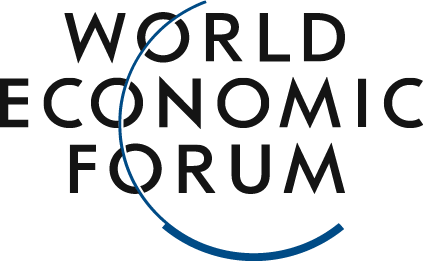
The above content represents the author's personal views only.This article is translated from the World Economic Forum's Agenda blog; the Chinese version is for reference purposes only.Feel free to share this in your WeChat Moments; please leave a comment at the end of the post or on our official account if you’d like to republish.
Translation:Di Chenjing| Edited by: Wan Ruxin
The World Economic Forum is an independent and neutral platform dedicated to bringing together diverse perspectives to discuss critical global, regional, and industry-specific issues.
Follow us on Weibo, WeChat Video Channels, Douyin, and Xiaohongshu!
"World Economic Forum"
